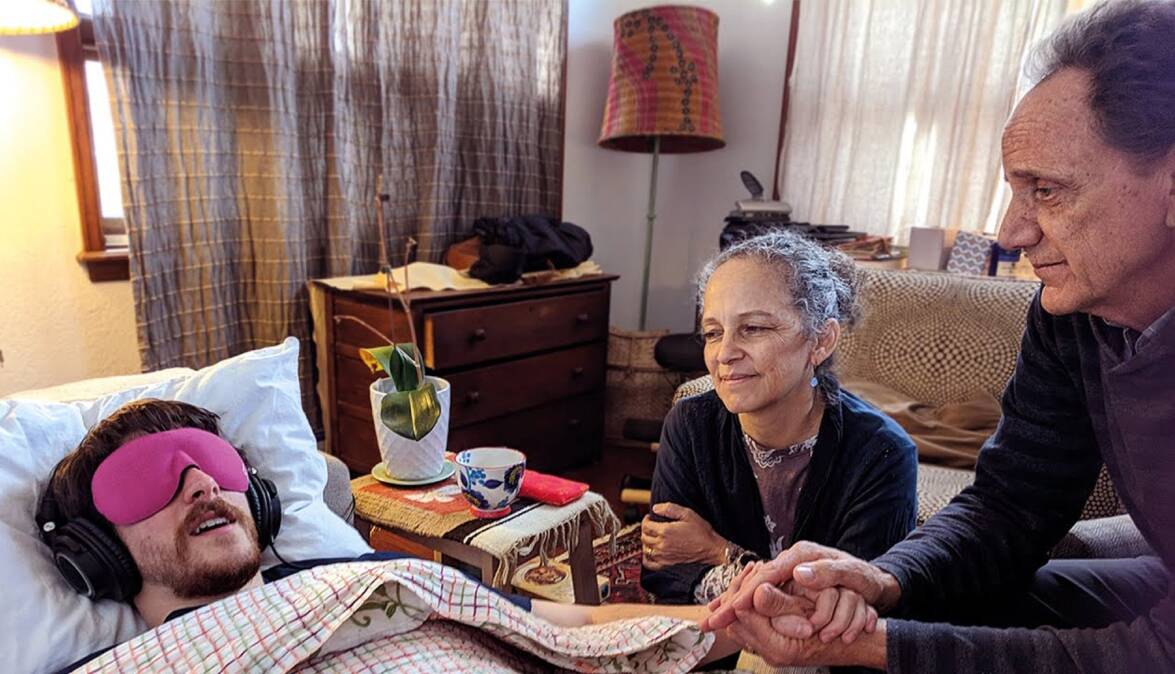
Several Hunter residents will soon travel to Melbourne for MDMA and psilocybin treatments for mental illness.
Psychiatrist Stuart Saker had planned to offer the medicine at his clinics in Broadmeadow, East Maitland and Killarney Vale. However, NSW Health placed strict rules around the treatments, meaning they must occur in a licensed private mental health hospital or clinic. Dr Saker said this was not practical because the treatments run for eight hours.

"The problem is, private psychiatric hospitals aren't designed to have two clinicians with one patient for eight hours," said Dr Saker, an Army Reserve medical officer. So several of his patients will instead go to a Melbourne clinic for the treatment.
The Therapeutic Goods Administration approved the two medicines for prescription by authorised psychiatrists from July 1 last year.
Dr Saker said it was not ideal for Hunter residents to have to pay travel costs in addition to the treatment costs. Given the NSW restrictions, he was "thinking about getting some rooms in Queensland and Victoria and operating in those states".
NSW Health said it acknowledged the "importance of exploring new and innovative treatments to ensure people with complex mental illness have access to the best possible mental health care".
"Patient safety is always our top priority," a spokesperson said.
NSW Health required treatment in a private facility to "mitigate potential risks of treatment".
The treatment involves three doses administered a month apart over a few months at a cost of about $19,000 in private fees. This includes the cost of the substances, along with sessions for preparation, taking the medicine and "integrating" the experience with talk therapy.

The cost includes fees for psychiatrists and medical practitioners who sit with patients during the therapy, along with medical indemnity insurance risks. Under the TGA decision, MDMA can be prescribed for post-traumatic stress disorder and psilocybin for treatment-resistant depression.
"These are the only conditions where there is currently sufficient evidence for potential benefits in certain patients," the TGA states.
The Department of Veterans' Affairs has contracted a research foundation to assess the treatments, amid strong interest from veterans wanting to try them. First responders are also seeking the treatments through workers compensation claims. Others with a chronic mental illness are considering accessing their superannuation on compassionate grounds.
Psychiatrist and Black Dog Institute senior research fellow Adam Bayes told AAP he was concerned some people would miss out on the treatment, as it was not covered by Medicare.
The Royal Australian and New Zealand College of Psychiatrists president Elizabeth Moore said the college supported investment in clinical trials for the two drugs.







